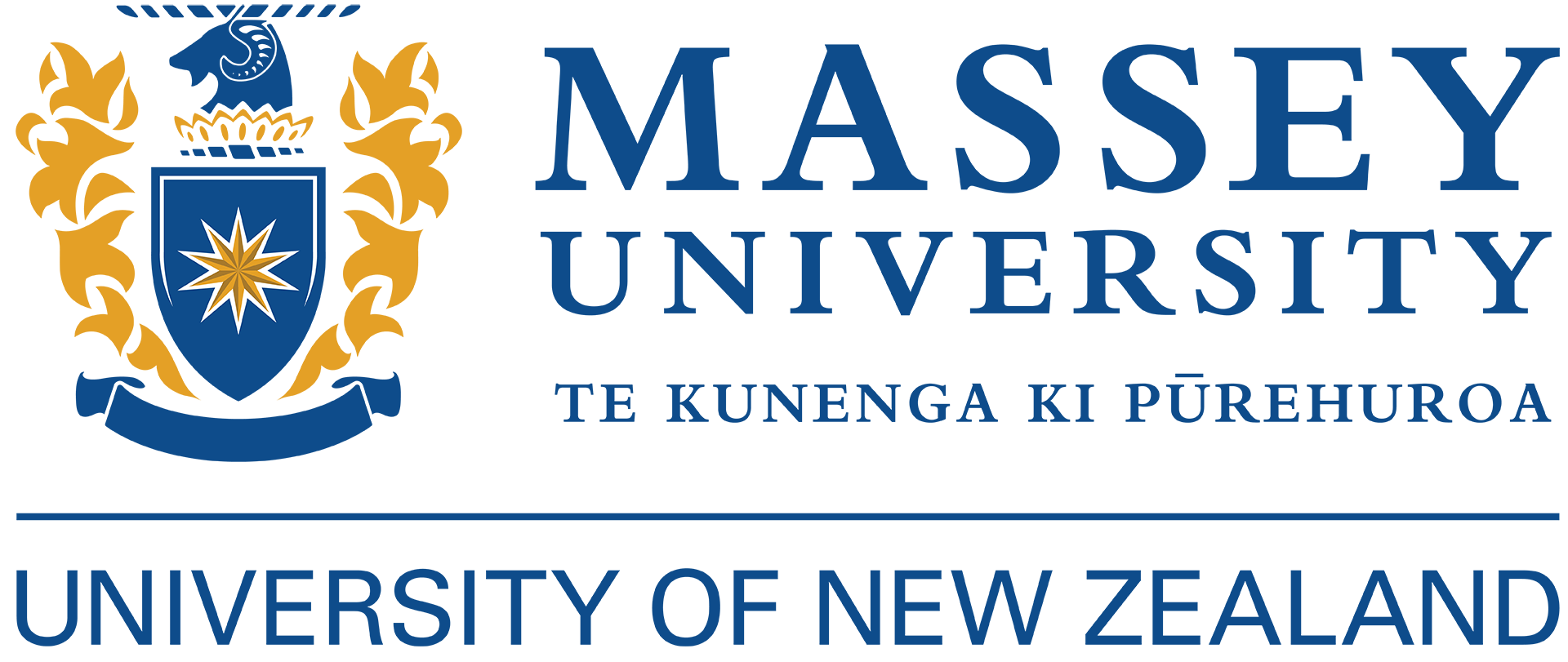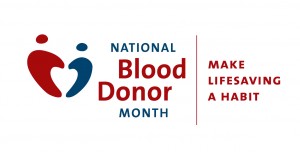The Barriers and Facilitators to Parents Using Aided Language Modelling
Researcher Introduction
I am Alicia Posthuma, a fourth year honours student enrolled in the Bachelor of Speech and Language Therapy degree at Massey University. This project is being supervised by Associate Professor Helen Southwood and Dr. Sally Clendon.
Project Description and Invitation
I am conducting a survey to explore parents’ perceptions of the barriers and facilitators to using aided language modelling with their children who use augmentative and alternative communication (AAC).
Children who use AAC are unable to use speech as their primary mode of communication. Instead, they rely on the use of some type of AAC system such as a communication board or an electronic communication device. Aided language modelling refers to a technique in which the communication partner points to symbols/pictures on the child’s communication system while also producing corresponding spoken words during conversations. Research indicates that in order for a child to learn to use his/her AAC system competently, it is important for the child to first see other people model the use of their system frequently throughout the day (aided language modelling).
There is currently little known about parents’ perceptions of using aided language modeling; therefore, your experiences and opinions will be valuable.
I would be very grateful if you would consider participating in the survey for this project.
Participant Identification and Recruitment
I am recruiting parents who:
- Have children between the ages of 0 and 12 who use AAC.
- Currently live in New Zealand
I have approached the Talk Link Trust and parent social media networks to request their assistance in distributing information about this project.
Project Procedures
The online survey is expected to take no longer than 10 to 15 minutes and can be completed at a time that is convenient to you. If you think you might be interested in being part of this project, you can complete the survey online by following the link below. The survey is anonymous. There will be no direct benefits or identified risks to you participating. By choosing to complete the survey, it will be assumed that you consent to your responses being used in the research project.
Data Management
Participants’ data will be kept completely confidential and no identifying information will be requested, Participants will not be able to be identified by anyone even the researcher. Data collected will be analyzed and interpreted solely for the purposes of the present study. Data will be stored on a password protected hard drive at Massey University. Data will only be accessed by the researcher and the project supervisor. After 5 years the data will be deleted. Copies of the research report will be available on request.
Participant’s Rights
You are under no obligation to accept this invitation. If you decide to participate, you have the right to:
- Ask questions about the study.
- Decline to answer any particular question in the survey.
- Please remember that completion of the survey implies that you are consenting to participate.
Project Contacts
- Alicia Posthuma: posthuma.1@uni.massey.ac.nz
- Associate Professor Helen Southwood: Southwood@massey.ac.nz
- Sally Clendon: S.Clendon@massey.ac.nz
Please contact the researcher and/or supervisors if you have any questions about this project.
Ethics
This project has been evaluated by peer review and judged to be low risk. Consequently, it has not been reviewed by one of the University’s Human Ethics Committees. The researchers named above are responsible for the ethical conduct of this research.
If you have any concerns about the conduct of this research that you wish to raise with someone other than the researchers, please contact Dr Brian Finch, Director, Research Ethics, telephone 06 356 9099 x 86015, email humanethics@massey.ac.nz.
Thank you for considering this project.
Please click here to complete the survey.


